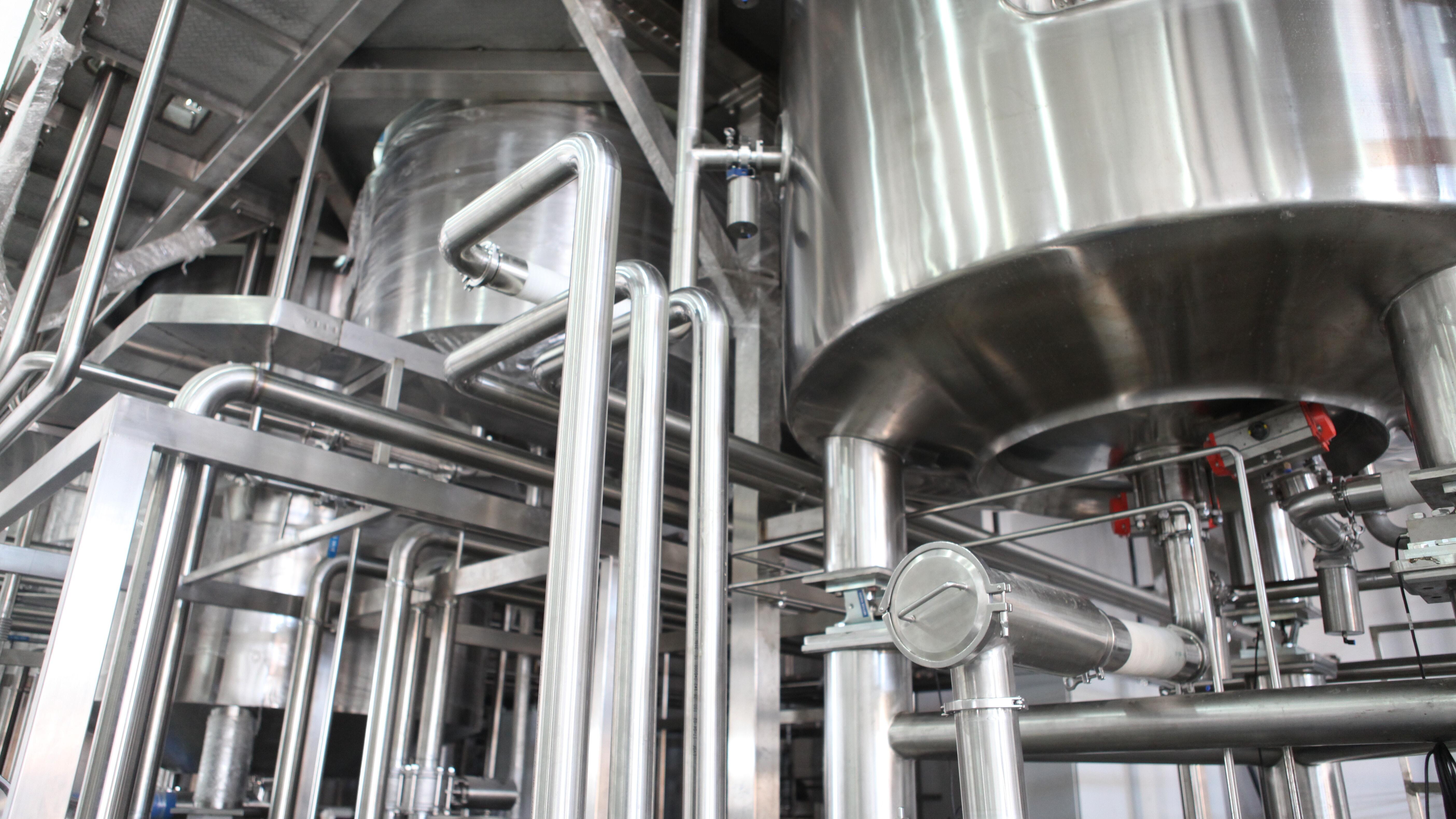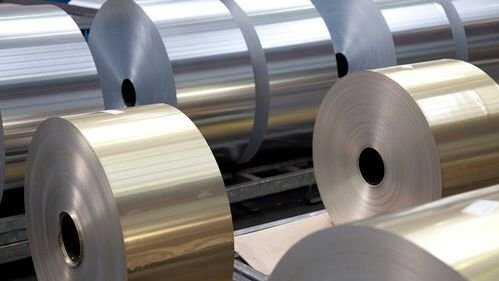 Energy Efficiency
Energy EfficiencyEnergy Efficiency
ULT freezers with a compressor-based cascade refrigeration system can use as much energy as a typical U.S. household annually. C Cascade systems use synthetic refrigerants which cause ozone depletion. The technology can achieve this degree of cooling by using 100% natural refrigerants. A freezer with a Stirling cooling system became the industry's first Energy Star Certified ultra-low temperature freezer, setting the standard. Some utilities and institutions are paying incentives for Stirling Cooling Freezers to influence the market. These systems contain only two moving parts (a piston and a displacer), have no valves, and No oil and gas bearings, which also reduces the maintenance costs. A 2015 My Green Lab Study, Market Assessment of Energy Efficient Opportunities in Laboratories identified that there are 440,000 to 890,000 ULT Freezers in the ULT freezer energy savings. California labs alone could save up to $59 million per year by replacing compressor based on estimated ULTFreezers.
Read Full articleThe benefit of compressed air systems becoming smart - a Boge example
The BOGE continuous improvement programme (CIP) is already a reality today. It reduces the loss of efficiency in a compressor due to wear and tear in operation. This can only be achieved through regular maintenance carried out by specialists. The.
Read Full articleAluminum Industry: 10 Emerging Technologies for Energy-efficiency and GHG Emissions Reduction
Aluminum production accounts for about 1% of global GHG emissions. Annual world aluminum demand is expected to increase two- to three-fold by 2050. The bulk of growth in consumption of aluminum will take place in China, India, the Middle East.
Read Full articleOur Applications Laboratory – The Gold Standard
Our Applications Laboratory is where we solve our customers most challenging heating applications. Dr. Girish Dahake, Sr. Vice President of Global Applications, leads a worldwide team of elite engineers. We have locations in the United States, United Kingdom and The Netherlands.
Read Full Business PracticeThe technical potential of large and industrial heat pumps
Heat pumps are considered large if they exceed capacities of 100kW. They can easily reach the one to several megawatt range with the largest units providing 35MW in a single machine. Currently available heat pump technology can provide heat up to 100°.
Read Full articleJohn Deere - variable peak load compressor
The John Deere factory in Mannheim, Germany, runs turbo compressors. If you want flexibility, you have to run them idle from time to time. But that is not energy-efficient, says Helmut Rembert, Senior Facilities Engineer.
Read Full Business PracticeDimaro wastewater plant - magnetic screw compressor
ROBOX energy helps a regional wastewater treatment plant achieve maximum effciency and excellent energy savings. The Dimaro plant presents an unusual challenge. While all other treatment plants in the area feature canonical 4.5m-deep oxidation tanks, the Dimaro.
Read Full Business PracticeBakery UK - production air with heat recovery
CompAir is on target to achieve annual energy savings in the region of £188,000. A payback on investment in less than two years is expected. CompAir installed fixed-speed L110s and regulated-speed compressor three months ago.
Read Full Business PracticePlastics: Motan - speed controlled vacuum generators
motan’s METRO G and GRAVICOLOR product lines offer a prime example of how process flow digitalization is improving material flow and productivity across the plastics industry. Flexible, intelligent conveying systems with speed-controlled vacuum.
Read Full Business PracticeGKD - Gebr Kufferath AG - compressed air from the roof
GKD is the world’s leading technical weaver. A compressor station on the factory roof was an innovative solution to the growing demand in production for compressed air. Kufferath AG range from microfilters for inkjet printers to automotive.
Read Full Business Practice


